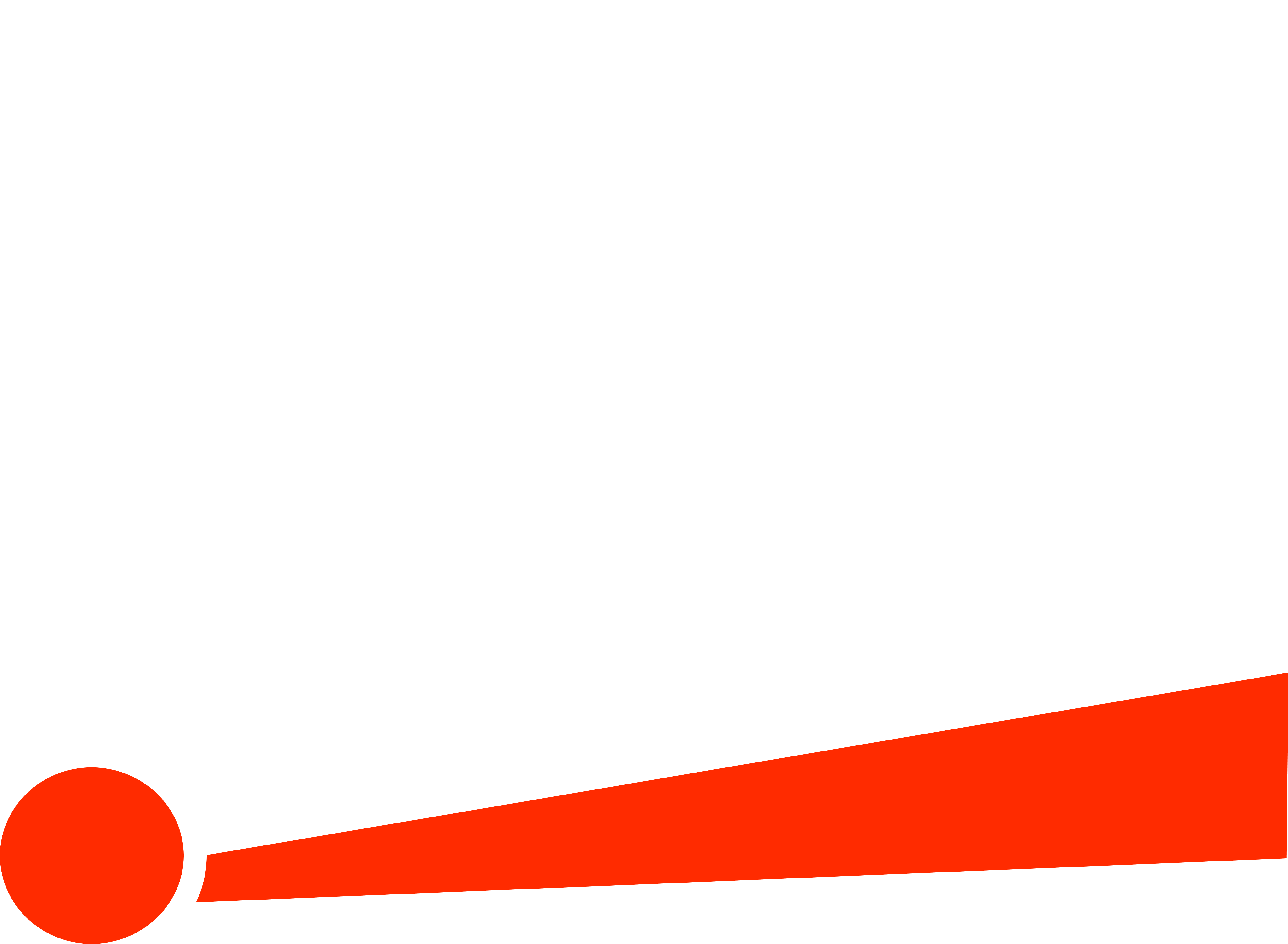- Home
- 5 Key Elements of a Winning Business Strategy
5 Key Elements of a Winning Business Strategy

In the fast-paced business world, crafting a winning strategy is crucial for achieving sustainable success. A well-defined business strategy helps organizations navigate challenges, seize opportunities, and achieve their long-term goals. In this blog, we’ll explore the five essential elements for developing a robust business strategy. By focusing on these core aspects, businesses can create a clear roadmap to success.
1. Clear Vision and Mission
The foundation of any successful business strategy is a clear and compelling vision and mission. The vision statement defines the long-term goals and aspirations of the company, serving as a guiding light for future growth. The mission statement, on the other hand, outlines the company’s purpose, core values, and primary objectives. Together, they provide a framework for strategic decision-making and align the organization’s efforts toward achieving its goals.
Key Tips:
- Vision Statement: Make sure it is inspiring and paints a picture of where you want the company to be in the future.
- Mission Statement: Focus on defining the company’s purpose and the value it provides to its customers.
2. Comprehensive Market Analysis
Understanding the market landscape is crucial for formulating an effective business strategy. Comprehensive market analysis involves studying industry trends, customer behavior, and competitor activities. Tools such as SWOT analysis (Strengths, Weaknesses, Opportunities, Threats) can provide valuable insights into market dynamics and help identify strategic opportunities and potential threats.
Key Tips:
- Market Research: Continuously gather and analyze data to stay informed about market trends and consumer preferences.
- Competitive Analysis: Evaluate your competitors’ strengths and weaknesses to discover potential opportunities for differentiation.
3. Strategic Objectives and Goals
Setting clear and measurable strategic objectives is essential for guiding your business toward success. Objectives should be specific, measurable, achievable, relevant, and time-bound (SMART). These goals help in prioritizing actions, allocating resources effectively, and tracking progress towards achieving long-term success.
Key Tips:
- SMART Goals: Develop goals that are Specific, Measurable, Achievable, Relevant, and Time-bound.
- Alignment: Ensure that your objectives are aligned with both short-term operational plans and the long-term vision of the company.
4. Effective Resource Allocation
Optimal resource allocation is critical for executing a business strategy effectively. This involves managing financial resources, human capital, and technology to support strategic initiatives. Efficient resource management ensures that resources are utilized effectively, helping to achieve strategic objectives and maintain operational efficiency.
Key Tips:
- Budget Allocation: Distribute financial resources based on strategic priorities and anticipated returns.
- Talent Management: Invest in recruiting, training, and retaining employees who are aligned with the company’s goals.
5. Execution and Flexibility
Executing a strategy requires turning plans into actionable steps and monitoring progress to ensure alignment with goals. Flexibility and adaptability are essential, as they allow businesses to adjust their strategies in response to changing market conditions and internal challenges. Regular reviews and updates to the strategy help maintain its relevance and effectiveness.
Key Tips:
- Action Plans: Develop detailed plans with clear timelines and responsibilities to guide implementation.
- Performance Tracking: Continuously monitor key performance indicators and adjust strategies as necessary based on performance data and market feedback.
Conclusion
At IBU Advisory, we understand that a winning business strategy integrates vision, market analysis, strategic objectives, resource allocation, and adaptability. By focusing on these key elements, businesses can navigate the complexities of the modern market and position themselves for sustainable growth and success. Implementing these strategies not only helps in achieving immediate objectives but also lays the groundwork for long-term prosperity.
For businesses aiming to enhance their strategic approach, leveraging these fundamental elements is essential. At IBU Advisory, we are dedicated to guiding organizations through these critical components, helping them build effective strategies that drive success.
For more insights and expert guidance on crafting a winning business strategy, contact IBU Advisory Company today.
